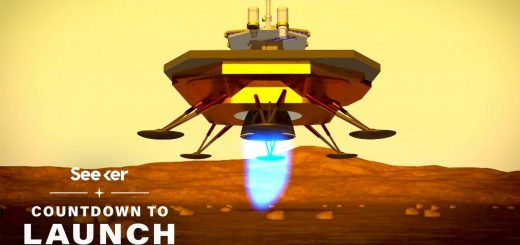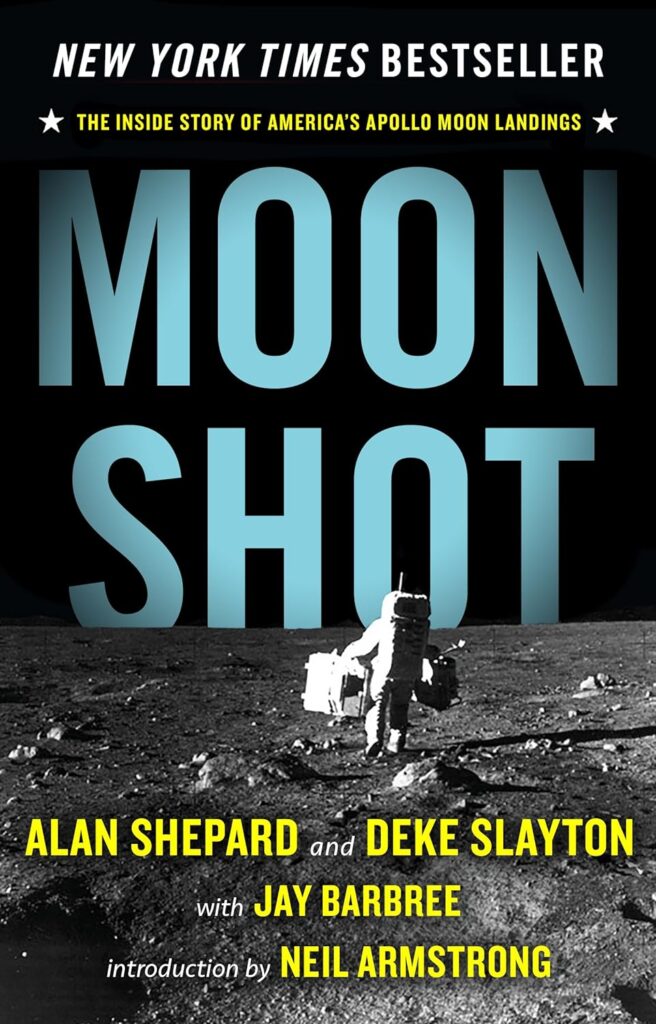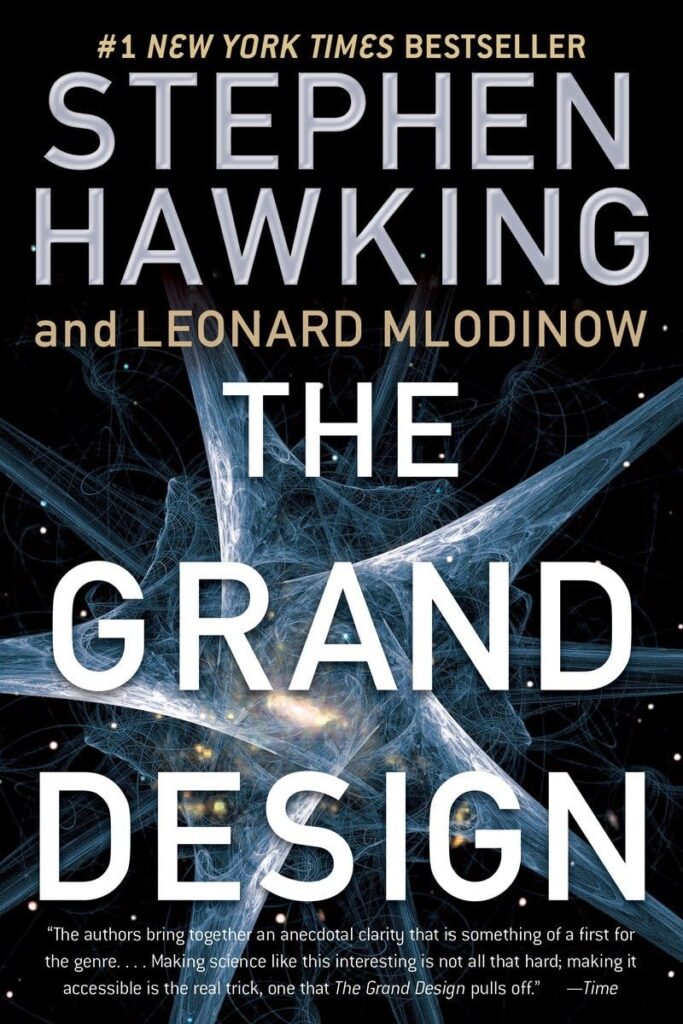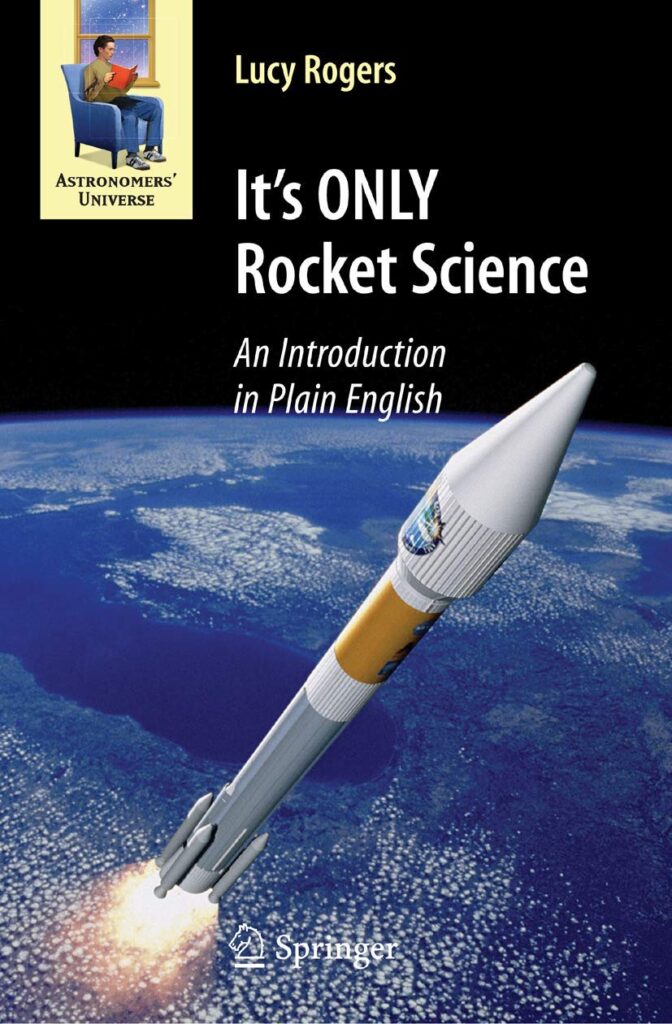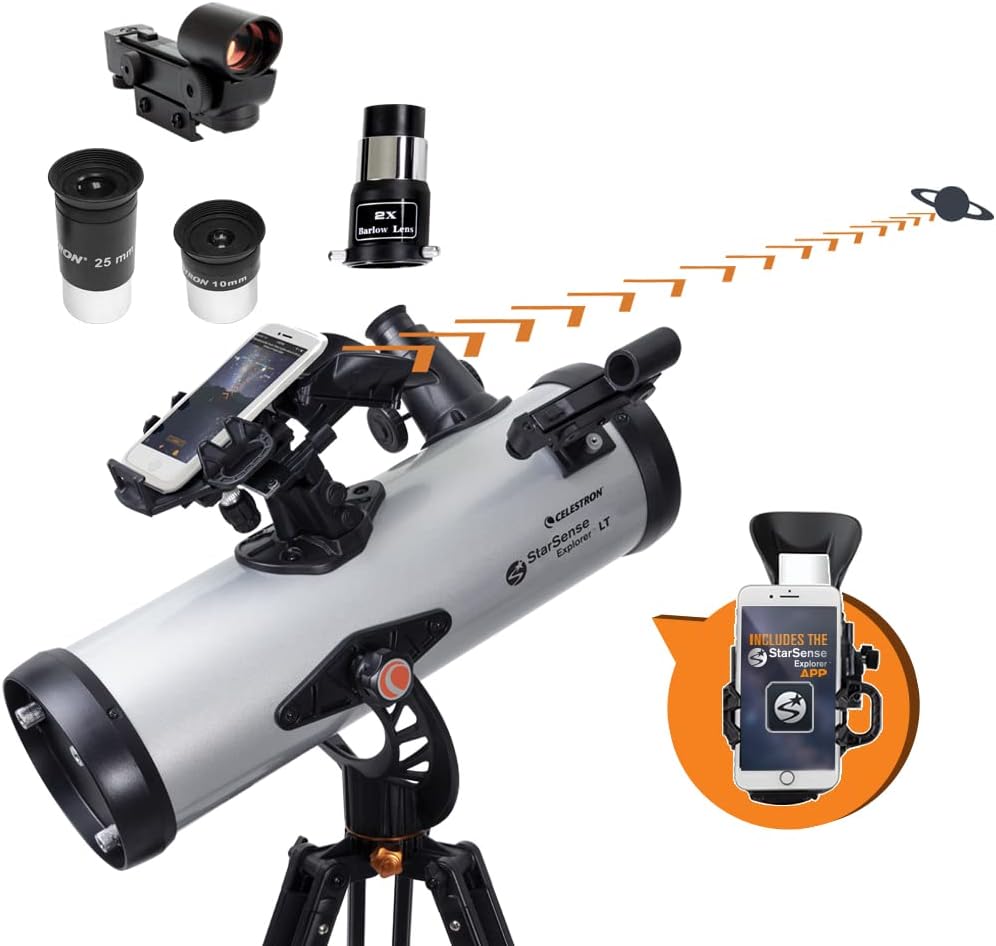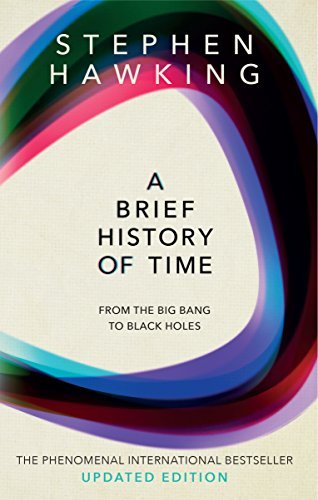Why China Cares So Much About Space
This video is sponsored by Skillshare. The first 500 people to use the link in thedescription get their first two months free. Earlier this month, China made history bybecoming the first country to land softlyon the far side of the moon. What makes this mission especially difficultis that, unlike those on the near side, thisone never has a direct view of Earth. To communicate, the rover has to use a specialrelay satellite, positioned between them. But for all that extra work, the Chang’e 4gives China international recognition. It’s not just another landing among many. And this is just the beginning. In 2017, France spent two billion dollarson space, Russia, three billion, the EuropeanSpace Agency, six, and China, eleven. And sure, that’s still far less than NASA,at almost 20 billion,But the U. S. also spends three times moreon healthcare for the same life expectancy,so money isn’t everything. China is also opening up to private spacecompanies, which quietly compete with thosein America, like SpaceX and Blue Origin. Spacety, for example, specializes in micro-satellitesweighing as little as 3 pounds each, a previouslyunfilled, but profitable, niche. This rapid increase of Chinese investmentin space will generate thousands of jobs andcountless scientific discoveries. But it isn’t just about space,It’s also a calculated, military strategywith global consequences. 30,000 feet in the air, moving 800 kilometersper hour, you can watch this very video thanksto the $260 billion a year industry that is…satellites. With them, we can predict the weather, snoopon our neighbors, and, of course, watch TV. For free, by the way, if you live in Dish,Texas, which legally changed its name in 2005in exchange for 200 free channels. Could be worse. But perhaps most important are the 31 satelliteswhich form the Global Positioning System. Cargo ships, carrying 90% of the world’sgoods, use it to navigate. Precision farming makes plowing, planting,and fertilizing vastly more efficient. Pilots use it to fly, Surveyors to measureboundaries, and you and I, to get deliveredthe finest Italian cuisine money can buy. But determining where you are is, arguably,not even its most important function. It’s also the world’s clock – keepingthe time for everything from the New YorkStock Exchange, to credit card transactions,and ATMs, with an accuracy of one billionthof a second. Its no exaggeration to call GPS one of thefoundations of the global economy. So, what does it cost?Absolutely nothing. If you’re an American taxpayer, it’s ”included”. But for everyone else, this $1. 4 billion ayear service is provided 100% free. There’s just one catch: GPS is owned andoperated by the United States Air Force. Like the internet, it was originally developedby and only for, the military. But in 1983, Korean Air flight 007 from Anchorageto Seoul made a very costly navigation mistake. Instead of flying around restricted Sovietairspace, it unintentionally flew over theKamchatka peninsula, and on the same day asa missile test at the same location. After tracking the aircraft for over an hour,it was shot down, killing all 269 people onboard. To prevent this from happening again, PresidentReagan made GPS freely available for civilianuse. And in 2000, President Clinton ended SelectiveAvailability, granting everyone, not justthe military, access the same level of accuracy. Officially, quote “It is not the intentof the U. S. to ever use Selective Availabilityagain. ”,Which, notably, is not the same as “We can’tdeny access ever again”. During the war between India and Pakistanin 1999, the U. S. refused to give India accessto GPS data. Much more recently, in 2012, a disabled GPSsatellite was blamed for a failed Russia-Indiamissile test. That uncertainty is enough to make foreigncountries nervous. And now consider that this hugely important,economy-running technology can be interruptedwith a $10 spoofing device. Because GPS signals are weak by the time theyreach the ground, it’s remarkably easy toemit a stronger, competing signal. This device, for example, can trick nearbycars into going the wrong way or crashinginto other vehicles. In 2008, Newark airport became the first inAmerica to use the FAA’s NextGen GPS systemfor tracking planes, which frequently, inexplicablystopped working. A three-year investigation found a truckeron the nearby New Jersey Turnpike using aGPS jammer to stop his employer from trackinghim. Like the drone which shut down the UK’ssecond busiest airport in December, GPS jammingis so dangerous because it costs so littleto do so much damage. One, single drone, 100,000 passengers and760 flights affected. For all these reasons, several countries arelaunching their own alternatives to GPS. Russia has GLONASS, The EU has Galileo, andChina, Beidou. Technically, none of these systems are directlycompeting. 60% of receivers use at least two of themsimultaneously. But it’s also in each country’s interestto control as much navigation as possible. It’s also part of China’s goal to secureits claim to the South China Sea. The problem is, just about everyone is watching,including the U. S. , which routinely sendsships to patrol the region. In October, one of them nearly collided witha Chinese destroyer. So, the challenge for China is asserting itsclaim without risking conflict between 2 nuclearpowers. Its solution are nicknamed the “little bluemen” – local fishermen sponsored by thegovernment to work in the area and reportforeign activity to the military. This way, it asserts its claim, benefits economically,and does so in a less-threatening way. But these fishermen have become a target fornearby countries, like Indonesia. Which is where Beidou comes in. Unlike GPS, China’s version allows receiversto send short messages and request militaryassistance. It gives fishermen the full power of the People’sLiberation Army without carrying a singleweapon. This is the tension created by China’s ambitionsin space. Whether it’s purely motivated by researchand science or not, doesn’t really matter. Either way, it’s going to be interpretedaggressively by established powers like theUnited States. Space technology is, at least for now, closelytied to the military. It’s just one more way the world will haveto adapt to, or risk escalation with, themeteoric rise of China. Investing in space is about exploring theunknown for the sake of discovering new things. And Skillshare offers that same kind of feelingwhen you learn something new,Like solving a Rubik’s cube, taught by themaster of learning new things, YouTuber MikeBoyd,or let the amazing Thomas Frank teach youhow to be more productive. Whatever you want to learn – investing, design,writing, or animation, Skillshare has high-qualityvideo courses that will help you. I’ll take a guess and say you enjoy watchingYouTube videos, so why not learn new skillsfrom those very same YouTubers?If you’re one of the first 500 people tosign up with the link in the description,you’ll get two free months of all the lessonsyou could possibly want. Thanks so much to Skillshare for sponsoringthis video, and to you for watching!


